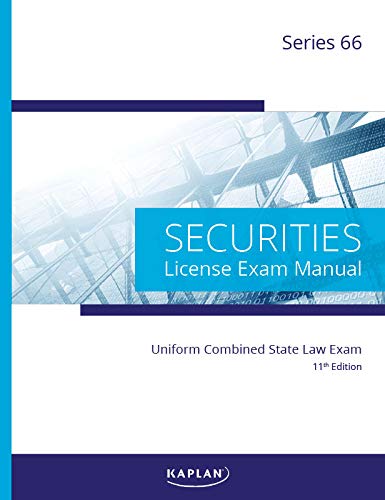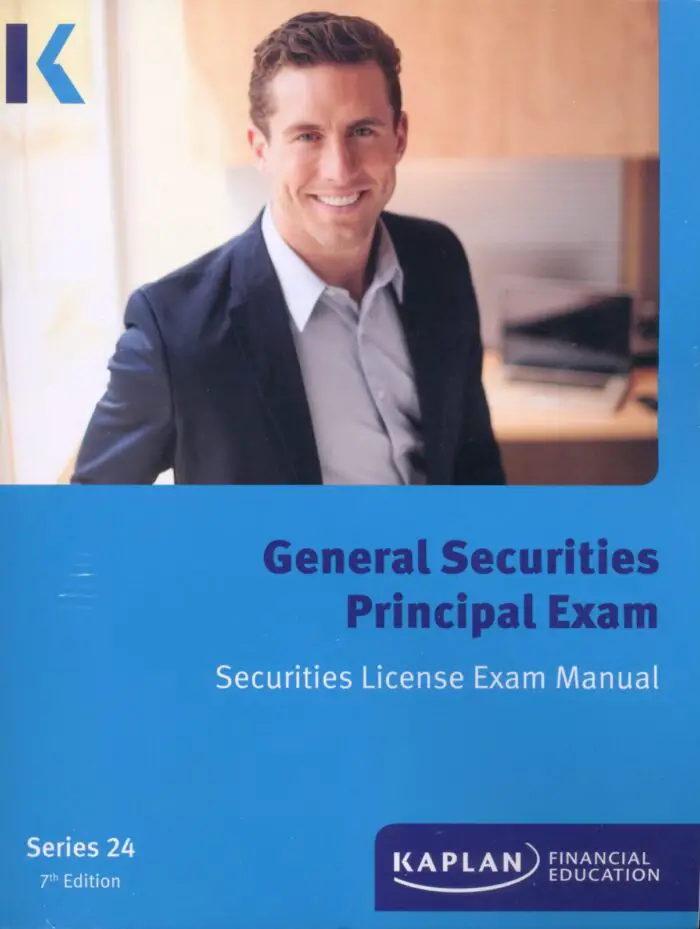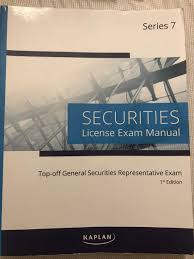Series 53 Exam, What is The Municipal Bond Securities Examination, and Why I Am Not a Huge Fan of Municipal Bonds
The Series 53 exam is the Municipal Bond Securities Examination, and is well known to be one of the easier security examinations. Contrary to things like the series 9 and 10 exams, the series 66 exam, the series 24 Exam, the series 26 exam, and the series 7-10A exam, this exam should be a lot easier for the average Joe. For me personally however, I have not had the chance to take this examination yet and am purposely putting it off, for two big reasons. For one, I am not a huge fan of Municipal Bonds, either in practice, in a portfolio, for clients, for my own personal investments or the like, although I do understand their importance for certain suitability needs. In terms of learning about them, there is a ton of information about things like the syndicate desk, the participation rate, the spread, etc. on these exams that I do not like, and in fact the Municipal Bonds portion of the series 7 exam is something that I struggled with quite a bit. For the final cherry on top, given the current quarantine going on in 2020 at the time of me writing this blog post, I haven’t had a chance to take any licensing exams for a little while, but hopefully that changes soon. With all this in mind, lets look at the Series 53 exam, subscribe for more details and information!
Other popular exams in the field include the following:
Series 7 Exam
Series 66 Exam
 Series 9 Exam
Series 9 Exam
Series 10 Exam
Series 24 Exam
Series 4 Exam
Series 3 Exam
Series 54 Exam
Series 7-10A Exam
And a host of other similar and related licensing exams, comment for any questions about how to take some of these very interesting FINRA licensing exams.
What is the Series 53 Exam, And Why I Highly Recommend Everyone Should Take it If Given The Chance
As a general rule in the field of securities or wealth management, and for any career field for that matter, I would recommend that someone upskill on a resume whenever it is possible, make themselves as valuable to their current firm as possible, and thereby make themselves as valuable to the set of firms in that field as possible as a result. For the field of banking, wealth management and securities management, getting these licenses is really a huge part of what makes you a valuable player in the field, and shows that you are serious about the job, especially given the fact that they make you more valuable to the firm and look incredibly good on a resume. If you are looking to get into the banking field and are having trouble getting the qualifications to land a job there, here’s my advice to you
| Related Posts |
|---|
- Get a Dual Degree in Finance and Accounting – This is very difficult to do, but it really stands out to employers, and gives you the backup option of going the CPA route if you do not like banking. Even just one of these, but probably a Finance degree, will work wonders in having a financial conversation in your interview. Economics is decent as well.
- Take the SIE Exam – You can take this without any firm sponsorship, and it sends a powerful message to the bank you are interviewing at that you are a very serious candidate for the job and that you are a value added member to the team.
Final Thoughts on The Series 53 Exam, and Why I Love Taking Licensing Exams!
Even before I was in the field of banking, I became really fascinated with taking these licensing exams, as every time I applied for a job in banking there were tons of job openings for positions like “1-2 years in the field of wealth management, series 7 exam, series 66 exam and series 9 exam needed.” So I knew that getting some of these licenses really shows your value to future investment banking firms. My goal is to get my Series 7, coming up in a few weeks hopefully if it does not get cancelled, my series 66, and the series 9 and 10 licenses by the end of the year, fingers crossed it all works out. For more information, be sure to subscribe to our blog for daily article updates.
Cheers!
*Inflation Hedging.com
Sources:
https://www.bankrate.com/banking/cds/cd-rates/
https://money.cnn.com/data/markets/
Disclaimer: The opinions and documentation contained within this article and on this blog are the sole property of inflationhedging.com and are not to be copyrighted or reproduced in any manner, else legal action within the rights of the United States legal code could be use to obtain recompense. All articles and blog posts are the sole opinions of the writers of the blog, and are not necessarily in line with what exactly will work for you, you should consult a CPA, Tax Professional, or Financial Professional to determine what exact financial needs are in line with your interests. Also, from time to time, certain links on this website will be used to generate affiliate commissions, in order to support the health and growth of our website, health and business.











Leave A Comment